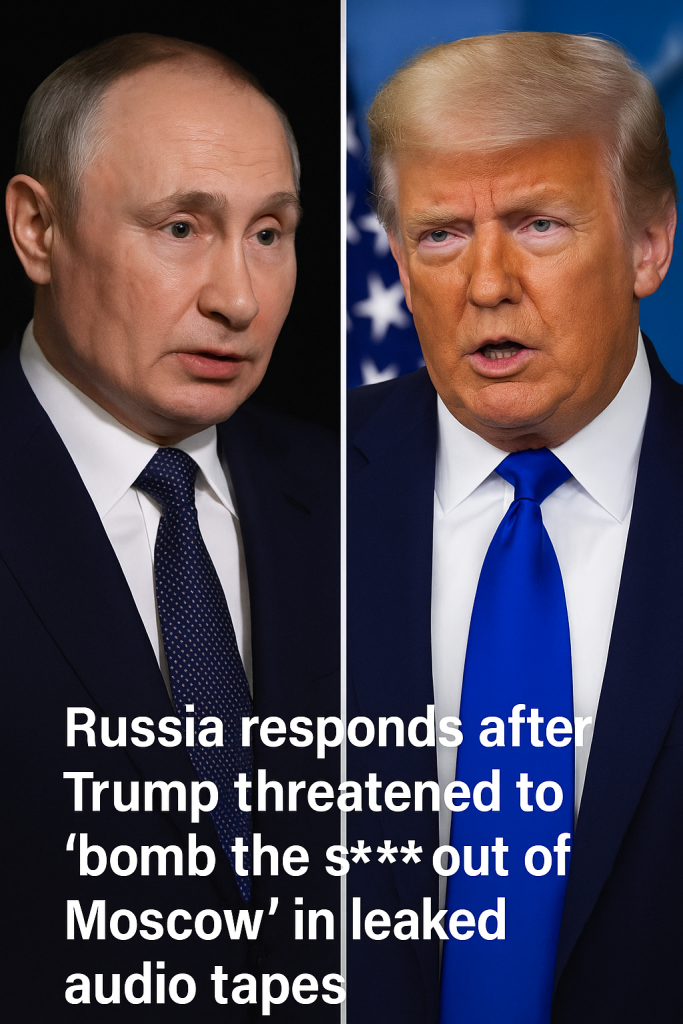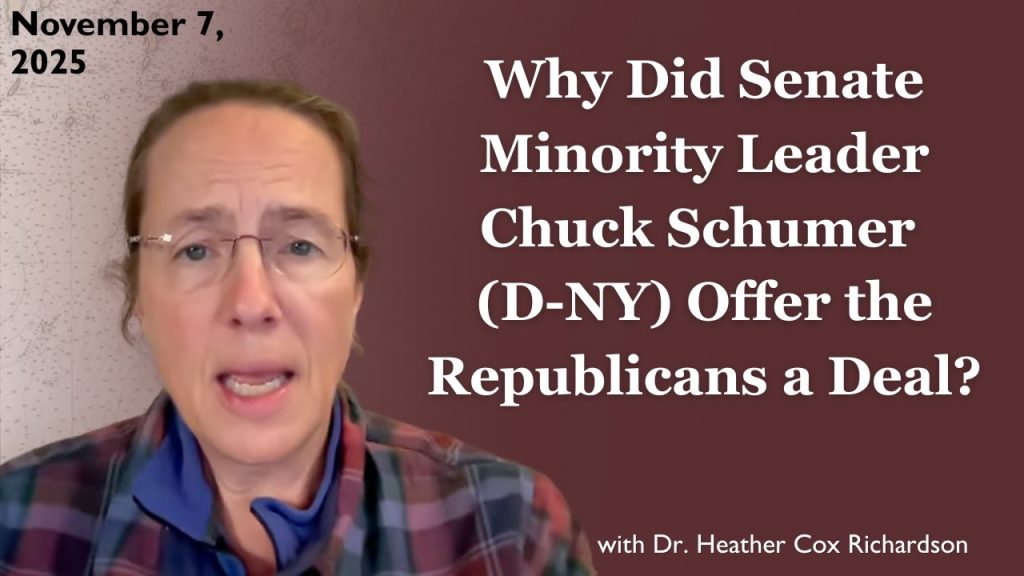In a dramatic escalation of tensions, Russia has officially responded after leaked audio tapes surfaced revealing former U.S. President Donald Trump allegedly threatening to “bomb the s*** out of Moscow” during a private meeting. The recordings, which have circulated widely on social media and news platforms, have provoked alarm both domestically and internationally, raising fears of renewed hostility between the two nuclear-armed nations as the 2024 election approaches.
The controversial tapes reportedly capture Trump making aggressive and incendiary remarks about Russia, including explicit threats to launch a devastating military strike on its capital city. While the full context of the private discussion remains unclear, the language used has been described as unprecedentedly harsh for a prominent American political figure.
Russia’s official response came swiftly. Kremlin spokespeople condemned the remarks as “reckless and dangerous,” stating that such threats only serve to destabilize global security and exacerbate tensions. Russian officials emphasized that Moscow remains prepared to defend itself “by any means necessary” and warned that any such military hostility would be met with overwhelming retaliation.
Analysts interpret Russia’s measured but firm reaction as both a signal of readiness and a deliberate attempt to deter further provocations amid an already fraught geopolitical landscape. The timing of the leak, ahead of critical elections and ongoing conflicts involving Russian interests abroad, has sparked wide speculation regarding its potential impact on diplomatic relations.
Experts note that this incident exacerbates a pattern of escalatory rhetoric that has been growing in recent years between the U.S. and Russia. Previous tensions surrounding Ukraine, sanctions, and cyber operations have been compounded by personal vendettas and political brinkmanship, with the latest revelations marking a worrying intensification.
Impact on Political Climate and Security
The leaked audio tapes come at a time when the global community is already cautious about the risks of miscalculation between nuclear powers. The explicit threat to bomb Moscow, if confirmed as accurate, could influence public opinion and policy debates surrounding national security, military readiness, and diplomacy.
In the United States, reactions have been mixed but mostly critical, with many political figures expressing concern that such extremist rhetoric undermines diplomatic norms and could provoke unnecessary conflict. Supporters of Trump contend that the comment was taken out of context or exaggerated, but the damage to international trust remains palpable.
Global security experts warn that private discussions of military force, even if made in informal settings, have consequences far beyond their immediate audience. The leaked conversation highlights the risks posed by confidential remarks becoming public, especially when they involve delicate subjects like military action against a nuclear-armed state.
Looking Ahead
As investigations continue into how the tapes were leaked and what additional information may emerge, world leaders and diplomats will likely seek to manage the fallout and prevent further deterioration of U.S.-Russia relations. The incident raises broader questions about transparency, political accountability, and the handling of sensitive information in an era of increasing digital exposure.
Ultimately, the leaked threat serves as a stark reminder of the fragile balance underlying international peace and the importance of measured dialogue in preventing conflict. Both Washington and Moscow now face the challenge of navigating a path forward without allowing inflammatory rhetoric to tip the scales toward crisis.



